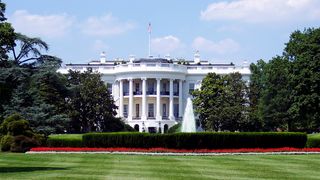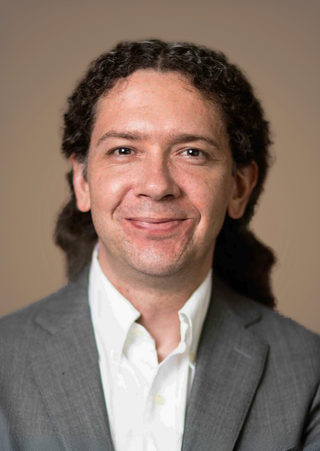Executive summary
- Overwhelmingly the major candidates in the 2016 US Presidential election are focused on foreign policy issues in the Midde East: particularly combating Islamic State and the threat of violent extremism.
- Most candidates advocate a more active and strident global leadership role for America, underpinned by a reinvigorated US military and a tougher leadership resolve when dealing with competitors and adversaries.
- In this campaign, as opposed to the last, China has become a genuine security issue and candidates’ positions towards Beijing have considerably hardened.
Australians should be attuned to how the debates between American presidential candidates may shape the foreign and defence policies of the next US President and a new US administration in 2017. Five months into the campaign, some key trendlines are beginning to emerge. Without exception the major candidates are critical of President Barack Obama’s foreign policy and use of the military - although to varying degrees. All but two candidates would prioritise the reinvigoration of America’s alliances, particularly in the Middle East. There is a growing consensus as to how the candidates would change US policy on Iran, China, and the problem of violent extremism in Iraq and Syria. Across the field foreign policies seem more hawkish and the candidates largely share the assessment that the US military needs to be reinvigorated. As the campaign progresses candidates will face more pressure to address the trade-offs and inconsistencies in their current foreign policy positions. But on current trajectories it is likely that the next president will seek more of America’s allies and expect them to shoulder a greater burden for global security and defence. In this paper, we preview the foreign policy positions of selected major candidates in the US presidential election and considerthe implications for American allies like Australia.








